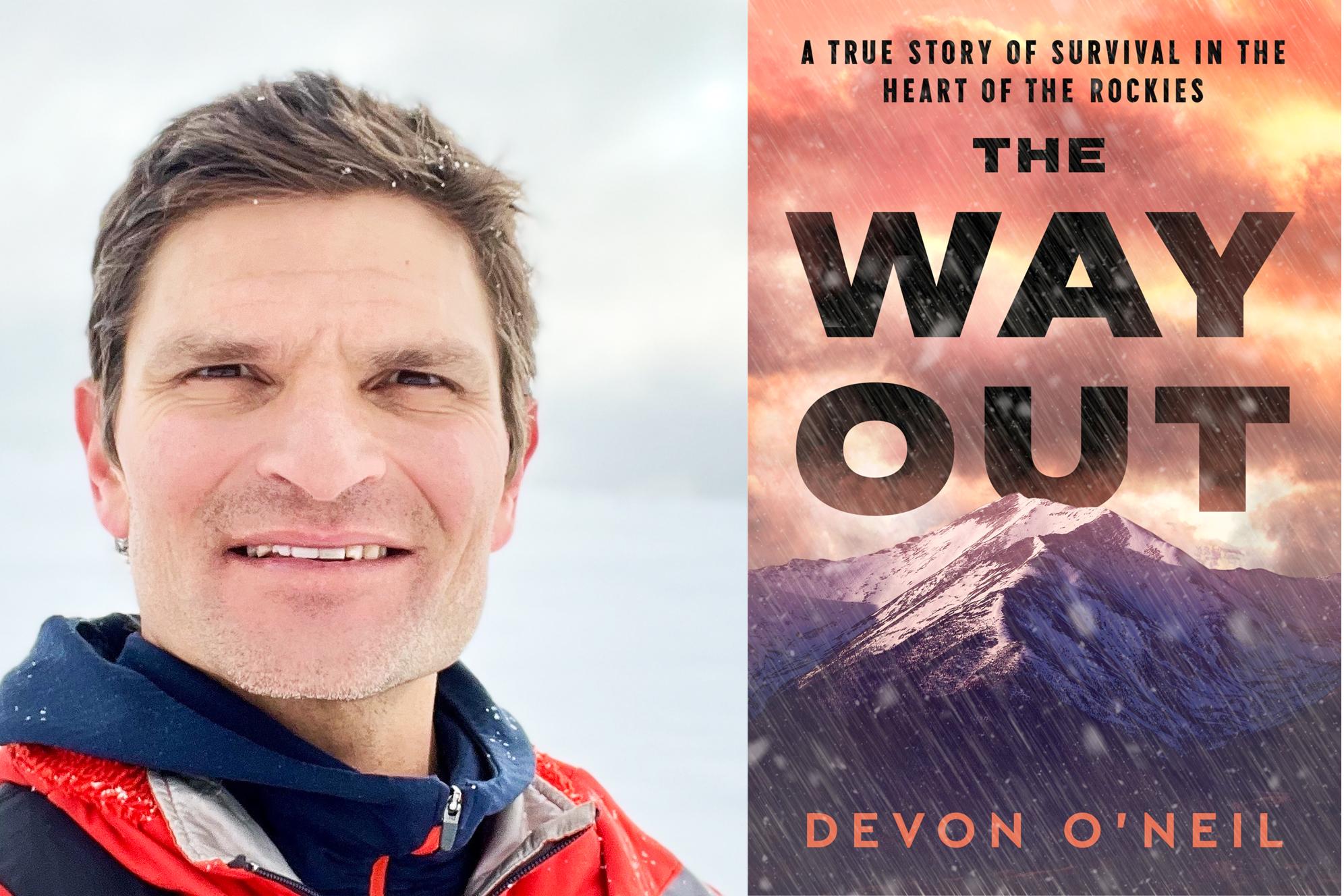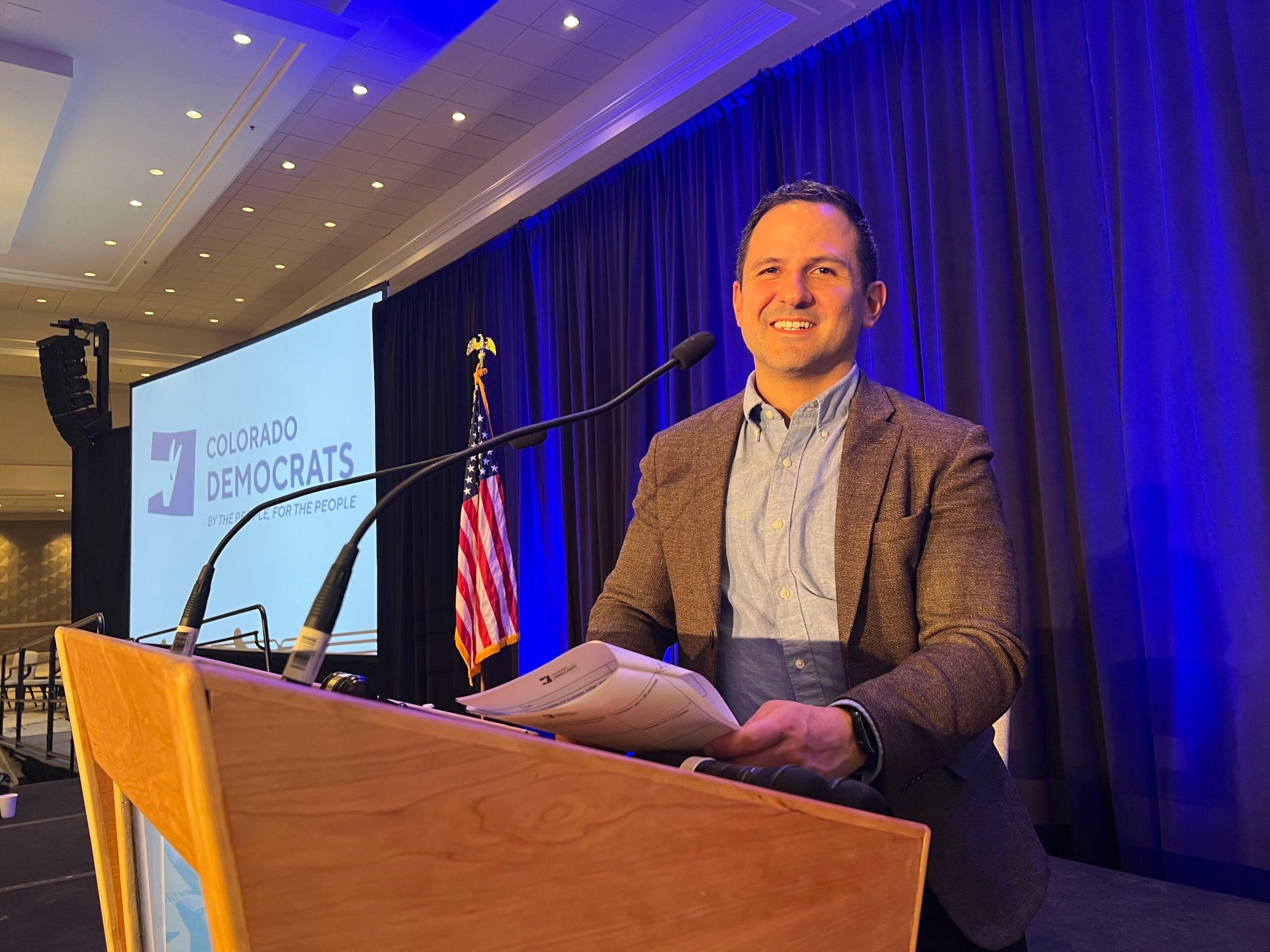
In January 2017, a pair of Colorado skiers left their group on a backcountry ski trip, becoming stranded in perilous weather conditions that stymied rescue efforts.
One of those skiers survived, aided by a swarm of volunteers venturing into the Sawatch Range during one of the biggest snowstorms in years. But, while the details of the rescue center author Devon O’Neil’s writing, the Breckenridge writer said his new book —“The Way Out: A True Story of Survival in the Heart of the Rockies” — evolved from what was supposed to be a magazine pitch into an exploration of loss and grief.
“I thought it would be, not quite an accident report per se, but a story about what happened and how it impacted people, maybe in the shorter term, and that just kept expanding,” O’Neil said. “I think the way trauma manifests is so unpredictable and idiosyncratic and there's just no tried and true guaranteed way to get through it. There's no blueprint when you can really detail how the people involved have worked on themselves and continued to press on in life and find strength and eventually ultimately return to the outdoors and find peace and joy again. That is to me, where the power in this story comes from.”
In reporting the book, O’Neil conducted interviews over multiple years with rescuers, family members and the story’s lone survivor. In an interview with Colorado Matters, O’Neil said he wanted to avoid a common trapping of survival stories that encourages readers to place themselves in the position of the victim rather than the people left behind.
“When we picture ourselves as a protagonist in a survival story, we like to believe, I think, that we would make it out, that we would not succumb to the forces of nature to the circumstances of that person's ordeal because we would've made different decisions,” O’Neil said.
While “The Way Out” does grapple with the obvious questions afforded by hindsight, O’Neil encourages the reader to spend time with how the trauma of that 2017 rescue impacted the story’s character for years to come. He also writes about his own close call and said he encourages people to be thoughtful about these types of survival stories, rather than giving in to the temptation of litigating the decisions made years ago.
“If you're doing your job as a reader, which is to come to a story with an open mind and an open heart and not a judgmental view of things … but people are people, right? They like to think that it wouldn't happen to them. And in that sense, I think if you don't pay attention to the lessons to be learned from a story like this, then you're putting yourself at greater risk the next time you go outdoors or do an adventure that has a potential to maybe not end well,” O’Neil said.







